A record number of mosquitoes in and around Las Vegas are carrying West Nile virus, prompting warnings from local health officials for the public to take precautions to avoid being bitten.
West Nile virus can cause fever, headaches, vomiting, and diarrhea, and it is fatal in about 1 out of 150 cases. There are no vaccines or treatments available for this mosquito-borne illness.
West Nile Virus
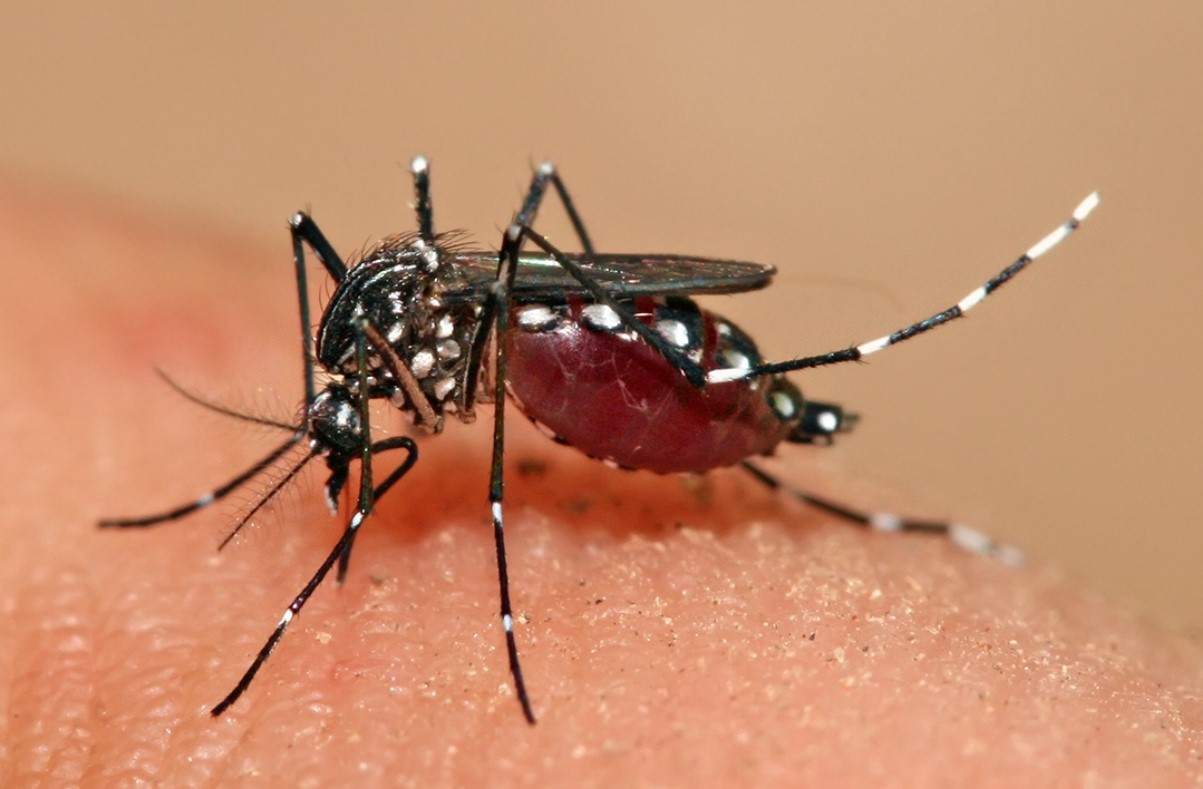
Recently, 169 out of over 24,000 pools of mosquitoes tested for West Nile virus came back positive, indicating that at least one mosquito in each pool was carrying the virus.
This occurred across 25 ZIP codes in southern Nevada.
Surpassing Previous Records
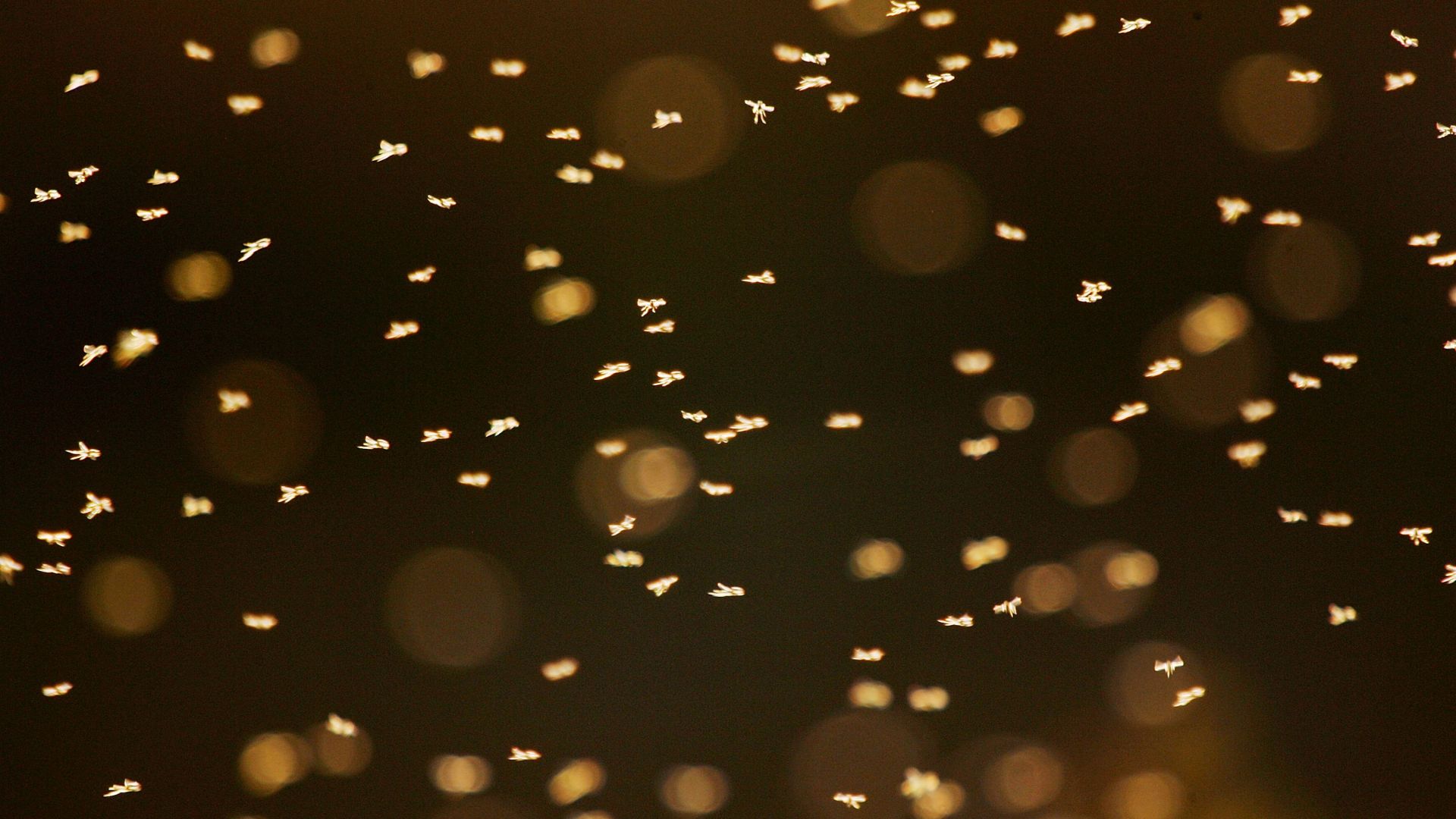
These figures surpass previous records set in 2019 for the number of mosquitoes and positive pools this early in the season.
“These are huge numbers of mosquitoes, and we’ve already identified a concerning number of them carrying the West Nile virus,” said Vivek Raman, an environmental health supervisor for the Southern Nevada Health District.
St. Louis Encephalitis Virus

In addition, six pools in the Las Vegas area have tested positive for St. Louis encephalitis virus, another mosquito-borne disease that can cause fatal brain inflammation.
For years, climate scientists and public health officials have warned that climate change could expand the range of infectious diseases, especially those spread by mosquitoes.
Affected by Climate Change

The increase in Las Vegas’ mosquito population and West Nile virus cases highlights how climate change can affect human health.
Climate change raises average global temperatures and precipitation levels, creating ideal conditions for mosquitoes, which breed in still, warm water. It also extends the length of warm periods, prolonging the active season for mosquitoes. These changes increase the risk of human exposure to diseases like West Nile virus, even in areas previously unaffected.
Warning for the Summer

Las Vegas recorded its first case of West Nile virus in 2004, five years after the first U.S. case was documented in New York City in 1999.
The most recent outbreak in Las Vegas occurred five years ago, with 43 human cases. Health officials are concerned that this summer could be much worse.
Higher Temperatures
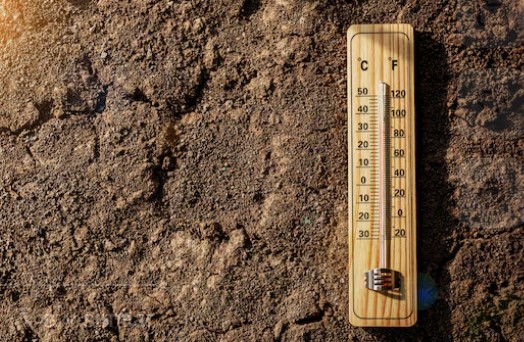
Freepik
In Nevada and the Southwest, springtime weather has become warmer, and summer heat waves have grown more extreme over the past few decades.
Since 1970, Las Vegas has seen average springtime temperatures rise by 6.2 F, and this month, the city experienced a weeklong, record-breaking heat wave.
Perfect Condition for Mosquitoes
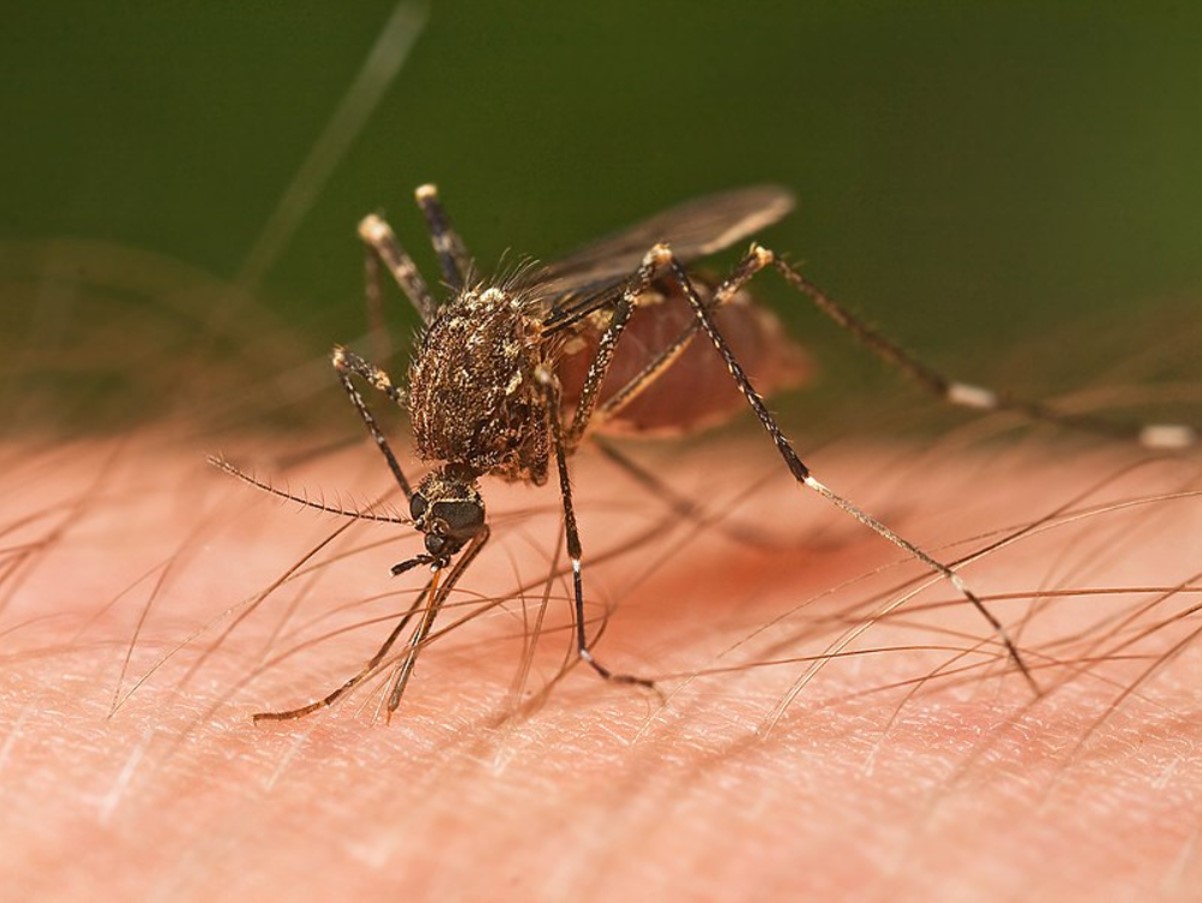
Southern Nevada’s rising temperatures are creating favorable conditions for mosquitoes, said Nischay Mishra, an assistant professor of epidemiology at Columbia University. Additionally, ongoing drought conditions in Nevada, which have lowered water table levels in the Colorado River Basin and Lake Mead, may unexpectedly benefit mosquitoes.
“Mosquitoes typically thrive in wet and hot places,” Mishra said. “But in Nevada, as smaller bodies of water dry up, they create shallow waters that are ideal for mosquito breeding.”
Increase in Mosquitoes in Las Vegas

Las Vegas has seen a massive increase in mosquitoes: Last year, health officials counted 6,000 mosquitoes in traps across Clark County from April to June. This year, the count has already exceeded 24,000.
Most of these mosquitoes have been Culex mosquitoes, a primary vector for West Nile virus. However, Aedes aegypti mosquitoes, which do not carry West Nile virus, have also become more common in Las Vegas.
Aedes Aegypti Mosquitoes
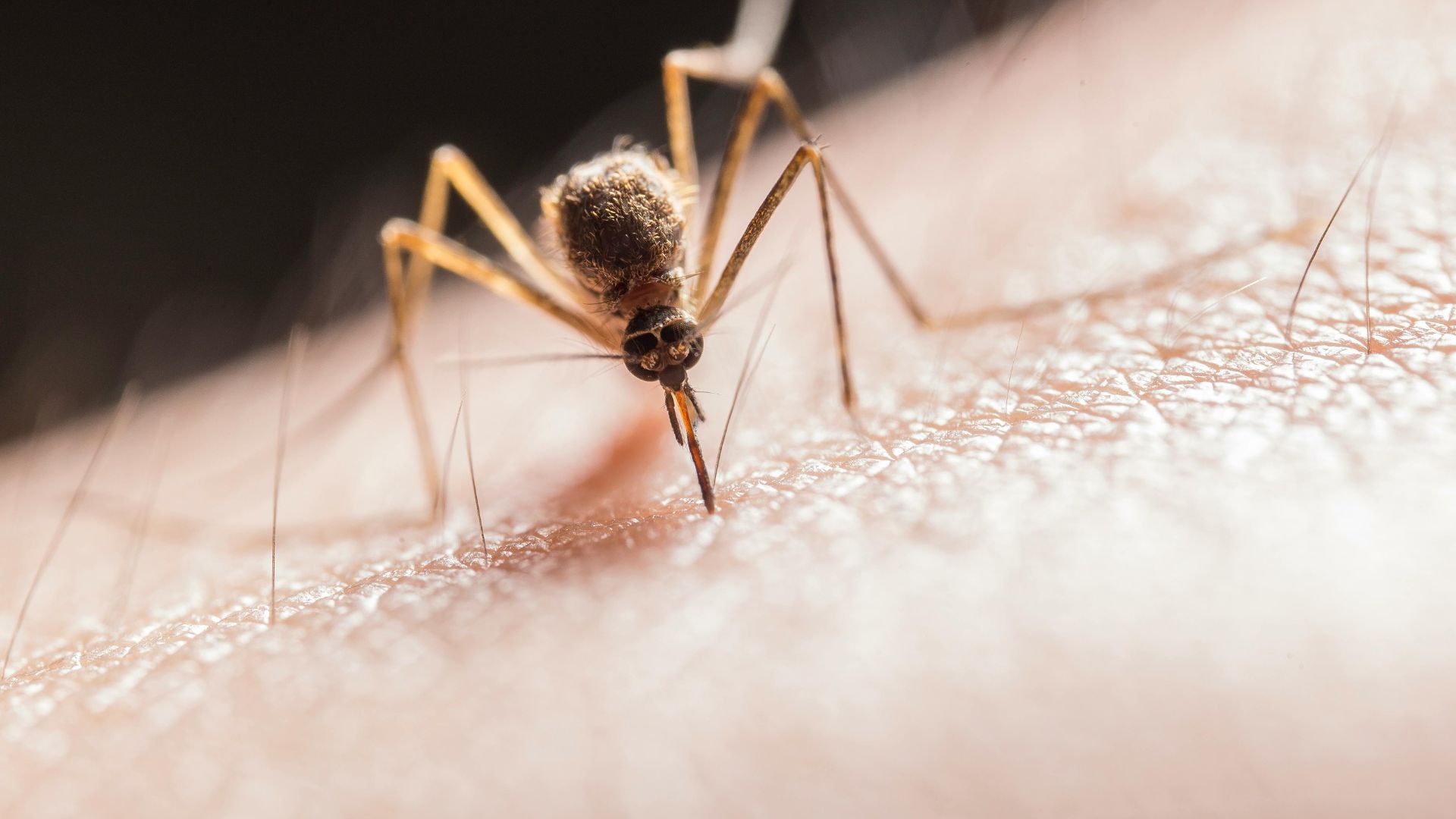
Aedes was first detected in the area in 2017, and Raman attributes its spread to climate change.
Human behavior also plays a significant role in the spread of vector-borne diseases.
Thriving in Pools

Both Aedes and Culex mosquitoes thrive in the backyards of many Las Vegas homes. Aedes breed in small pools of water, such as those left by sprinklers, while Culex often breed along the surface of unmaintained swimming pools.
Raman advised the public to empty any open containers filled with water outside, maintain swimming pools, wear protective clothing, and use bug spray to avoid getting bitten.
Breeding Ground
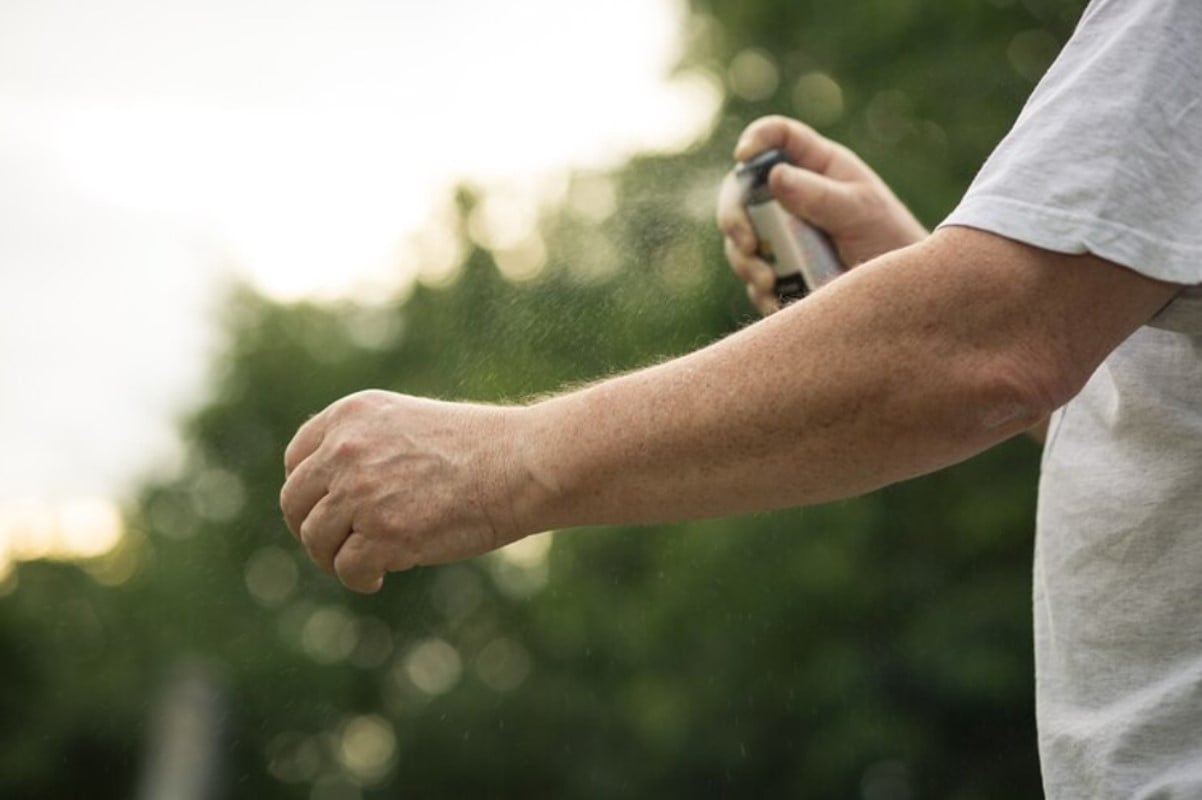
Louise Ivers, a professor of global health and social medicine at Harvard Medical School and the director of its Global Health Institute, said that situations like the one in Las Vegas will become more common as climate change continues to drive the spread of infectious diseases globally.
“We should expect to see new infectious diseases, old infectious diseases back again, and a change in the patterns of exposure of existing infectious diseases like West Nile virus,” Ivers said. “Things that we used to do freely without worrying as much about protection from vectors like mosquitoes or ticks, we might not be able to do anymore.”








































